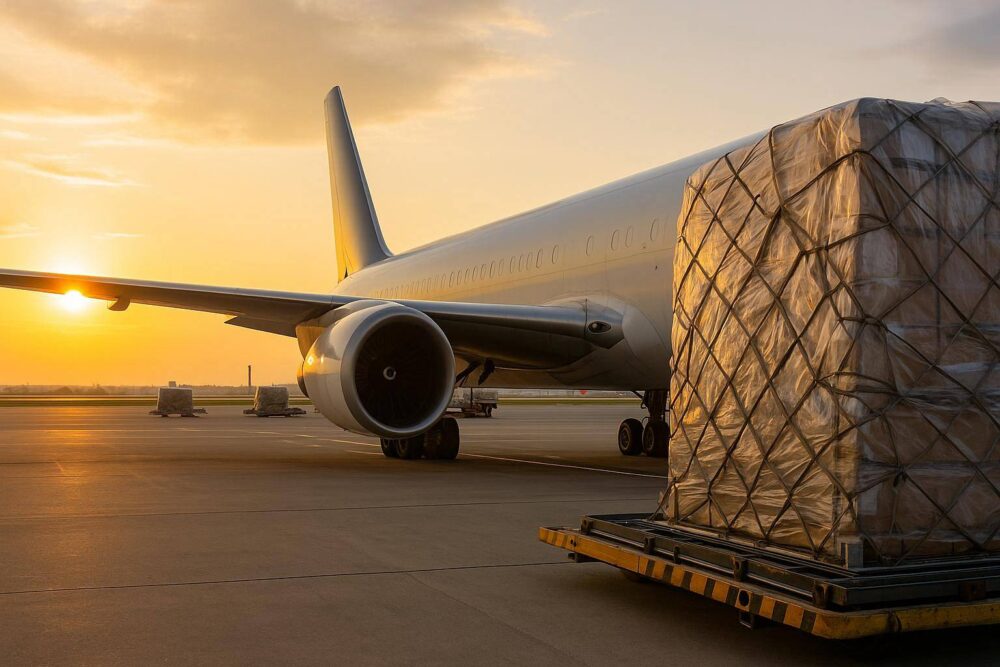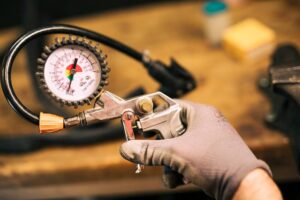What Entrepreneurs Need to Know About Shipping High-Value Goods to the U.S.

International shipping is no longer just the domain of large corporations. Today, startups, small manufacturers, and creative entrepreneurs regularly move high-value goods across borders. Whether it’s consumer electronics, custom-designed hardware, biotech samples, or limited-edition products, getting them safely and quickly to the U.S. market requires more than a standard shipping label.
Here’s what every entrepreneur should know before sending high-value cargo to the United States.
The U.S. is a Complex but Critical Market
The United States is one of the most attractive destinations for high-value goods. As of 2023, it remains the world’s largest importer, accounting for over 13% of global imports, according to the World Trade Organization. Products like semiconductors, high-end consumer tech, wearable devices, and lab-grade medical equipment are in high demand — and often need to arrive fast and intact.
But shipping to the U.S. also means navigating strict customs procedures, regulatory approvals, and time-sensitive logistics. To learn more about how international air cargo services can support high-value shipments to the U.S., visit https://aircgc.com/shipping-directions/air-cargo-to-usa/.
Speed Isn’t a Luxury — It’s a Business Need
Shipping delays can be devastating when you’re launching a product, fulfilling time-sensitive contracts, or replenishing retail stock. Air cargo has become the go-to method for transporting high-value items, as it offers shorter transit times and reduced handling.
According to IATA (International Air Transport Association), air freight represents less than 1% of global trade volume but nearly 35% of trade value — a clear indication of its importance for premium products. For entrepreneurs dealing with perishable or limited-run goods, this mode of transport is not optional — it’s essential.
Packaging and Insurance: The Overlooked Priorities
A beautifully engineered product can still arrive damaged if not packaged correctly. High-value goods require custom-fit packaging, impact-resistant materials, and often, anti-static protection or thermal control. If your shipment includes lithium-ion batteries (as in many electronics), it must comply with IATA Dangerous Goods Regulations — or risk being grounded at the airport.
Equally important: don’t skip insurance. It’s not just about damage; theft and customs holds also happen. Comprehensive cargo insurance can help mitigate losses and demonstrate professionalism to your clients or partners.
Know your customs and compliance obligations
The U.S. Customs and Border Protection (CBP) has detailed requirements for importing high-value goods, including:
- Accurate HS codes and declared values
- Required FDA or FCC certification (depending on the product)
- Pre-arrival filing via the Automated Commercial Environment (ACE)
- Potential duties, tariffs, and inspection procedures
Failure to comply can result in fines, delays, or even cargo seizure. Entrepreneurs are strongly advised to work with freight providers who understand the U.S. regulatory landscape and can help ensure smooth clearance.
Final Thoughts
If you’re shipping high-value products to the U.S., logistics isn’t a background task — it’s a strategic function. From packaging and documentation to speed and security, each element matters.
Entrepreneurs who treat logistics as a growth enabler — not a cost center — are better positioned to scale, impress clients, and protect their investment. And when it comes to high-value shipments, the right air freight service can make all the difference.








